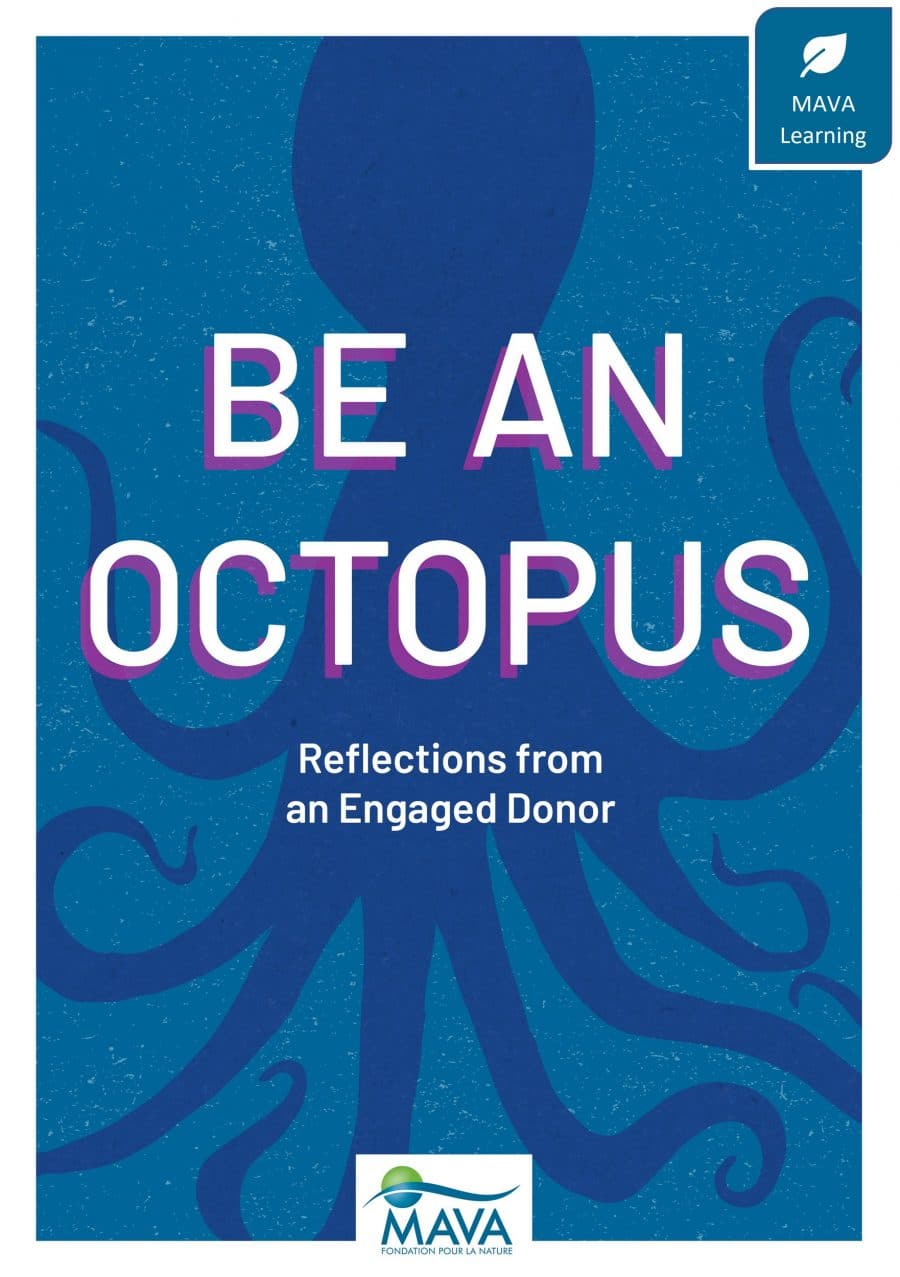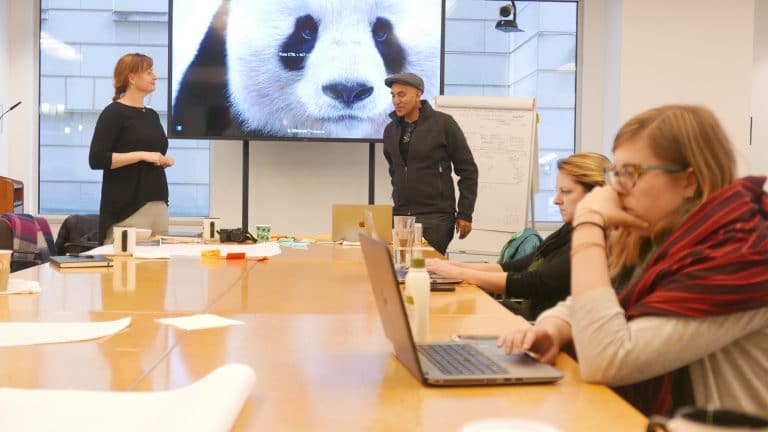Book Sprints for Policy and Advocacy
At Book Sprints, we have the immense privilege of working with leaders, innovators, and changemakers in their various fields of expertise. Over the last 15 years, we’ve had many partners in the activist, advocacy, and policy spaces in particular. Together, we’ve written books and other pieces of work that tackle some of the biggest problems our society faces today. We’re honored to be part of the solution to bring awareness, understanding, and action to major issues such as power and energy, climate change, election technology, and sustainability.
Here is a roundup of the thought-provoking, policy-leading work we’ve done with our international advocacy, non-government, and government policy partners.
When Theory meets Praxis
In our experience, many of our partners work in highly complex fields with many moving parts. Having to engage in these elaborate systems, oftentimes major stakeholders such as policymakers, local community workers, and technical experts benefit greatly from being able to align their knowledge and understanding of the issue they are working on. This alignment might increase opportunities for collaborative solution crafting and committed solution implementation.
This might be why handbooks are one of the most common policy- or advocacy-related books we write with our partners. These handbooks are fantastic for providing a baseline level of knowledge across the legal, technical, and community aspects of a policy for stakeholders of any background to understand. This context and information can be valuable in the decision making process for policy crafting and implementation.
 For example, the Commercial Law Development Program’s Understanding Series aims to do just that. By ensuring a diversity of expertise among authors in their Book Sprints, they are able to produce books that represent the various important perspectives to consider in the policy and strategy behind the development, financing, and procurement of power projects. The Book Sprints method is uniquely suited to fostering the kind of collaborative writing environment to highlight this diversity of experience and perspective. Check it out here. Read about the different Sprints that went into creating the Understanding series here.
For example, the Commercial Law Development Program’s Understanding Series aims to do just that. By ensuring a diversity of expertise among authors in their Book Sprints, they are able to produce books that represent the various important perspectives to consider in the policy and strategy behind the development, financing, and procurement of power projects. The Book Sprints method is uniquely suited to fostering the kind of collaborative writing environment to highlight this diversity of experience and perspective. Check it out here. Read about the different Sprints that went into creating the Understanding series here.
Handbooks may also suggest practical ways in which theoretical knowledge might be applied, which is guidance that people doing boots-on-the-ground work would find most useful. Our method is able to pick out from our experts’ brains the connections needed to make theory and praxis meet in an output such as a book. For example, we worked on two books that broke down how to read and understand oil and mining contracts:
Check out similar books we’ve worked on that bring theoretical knowledge into practical application here:
- Spending Data Handbook
- Open Contracting
- The use of Open Source Technology in Elections
- A Country Mining Vision Guidebook: Domesticating the Africa Mining Vision
- TDLC Operations Manual
- Certification of ICTs in Elections
- Africa’s Blue Economy: A policy handbook
- Integrity Pacts: A How-To Guide from Practitioners
- Treasure Hunt – How Good Financial Governance can support resource-endowed countries in achieving the SDGs
- Quality Infrastructure Investment Partnership. Operations Manual
- Dialogues on Voluntary Codes of Conduct for Political Parties in Elections
- The Private Sector and Climate Change Adaptation
- Rethinking International Investment Governance
- Fifty Shades of Green – Reinventing Philanthropy
- Concrete Solutions: Construction and Peacebuilding
- The Craft of Systems Change
We appreciate the trust we’ve built with our partners has resulted in them returning to us for help with updating their books. As they work in fields that are highly responsive to changing contexts and times, sometimes new editions of previously written work are necessary to keep resources up-to-date for stakeholders across the board. Some books we’ve done updates or new editions for include:
- Understanding Power Purchase Agreements, Second Edition
- Understanding Sovereign Debt: Options and Opportunities for Africa 2nd Edition
Learning from Experience
Our partners have rich experiences working in their respective advocacy spaces. Our Book Sprints have proven to be an opportune moment for authors to take a step back and reflect on their work and impact – an act that their rapid, fast-paced work might not always afford them.
In Be an Octopus. Reflections from an Engaged Donor, for example,  now-closed MAVA Foundation was able to distill 27 years of experience into a short booklet that reflected on the pros and cons of their chosen method of high-level engagement.
now-closed MAVA Foundation was able to distill 27 years of experience into a short booklet that reflected on the pros and cons of their chosen method of high-level engagement.
MAVA strongly believes that, as a donor, supporting a cause means more than funding projects. Just as an octopus can adapt to the environment, solve problems, and use different arms simultaneously, so do we have additional and unique capabilities beyond signing cheques. Neglecting to make use of these opportunities would decrease our potential impact on our mission. Applying all these capabilities is what we call being an engaged donor. [extract from the booklet]
Check out more about Be an Octopus here. View as well other similar books that couple practical experience with expert insight here:
- Yensore Programme. Our experiences in Natural Resources Sector in Ghana
- PARCO’s Experience on strengthening civil society towards sustainable development
Building Blocks for the Future
A crucial aspect of the policy, advocacy, and development work at large that our partners engage in is being able to set goals and envision a brighter future based on theory, evidence, and experience. The Book Sprints process lends itself well to goal setting, strategy building, and framework creation that has helped our partners create books, reports, and strategy papers.
In Gender in the transition to sustainable energy for all: From evidence to inclusive policies with HIVOS Energia, for example, we worked with authors to write a report that was a culmination of a five-year research project on the interactions between energy, access and gender. Read more about this report here.

World Wildlife Fund participants in their Art of Systems Change Book Sprint.
We also worked with the World Wildlife Fund (WWF) to distill insights by speakers post-symposium on systems thinking as a means to devise creative solutions to complex conservation, development, and environmental challenges. This created the book The Art of Systems Change: Eight guiding principles for a green and fair future, providing a foundational framework for “change-makers working across all scales and sectors who seek to make systemic and lasting change.” Read more about the process here. Download the book here.
Check out similar books and papers we’ve written with partners here:
- Diálogos: Construyendo futuro en derechos fundamentales
- Politique Minière du Burundi
- Modelling for Sustainable Development: New decisions for a new age
- Lower Mekong – Regional Climate Strategy
Empowering the Changemakers
We are thrilled that so many policy, advocacy, and development partners have found the Book Sprints process useful in their efforts to make lasting change in their respective fields. We look forward to continuing to support this sector and others that find collaborative knowledge production to be a crucial part of their changemaking process. If you find yourself working in this sector, see how we can help! Reach us at contact@booksprints.net to get started on your Book Sprint today.
—
Got a great idea? Tell the world with us through a Book Sprint.
Send us a message on IG, LinkedIn, or at contact@booksprints.net
